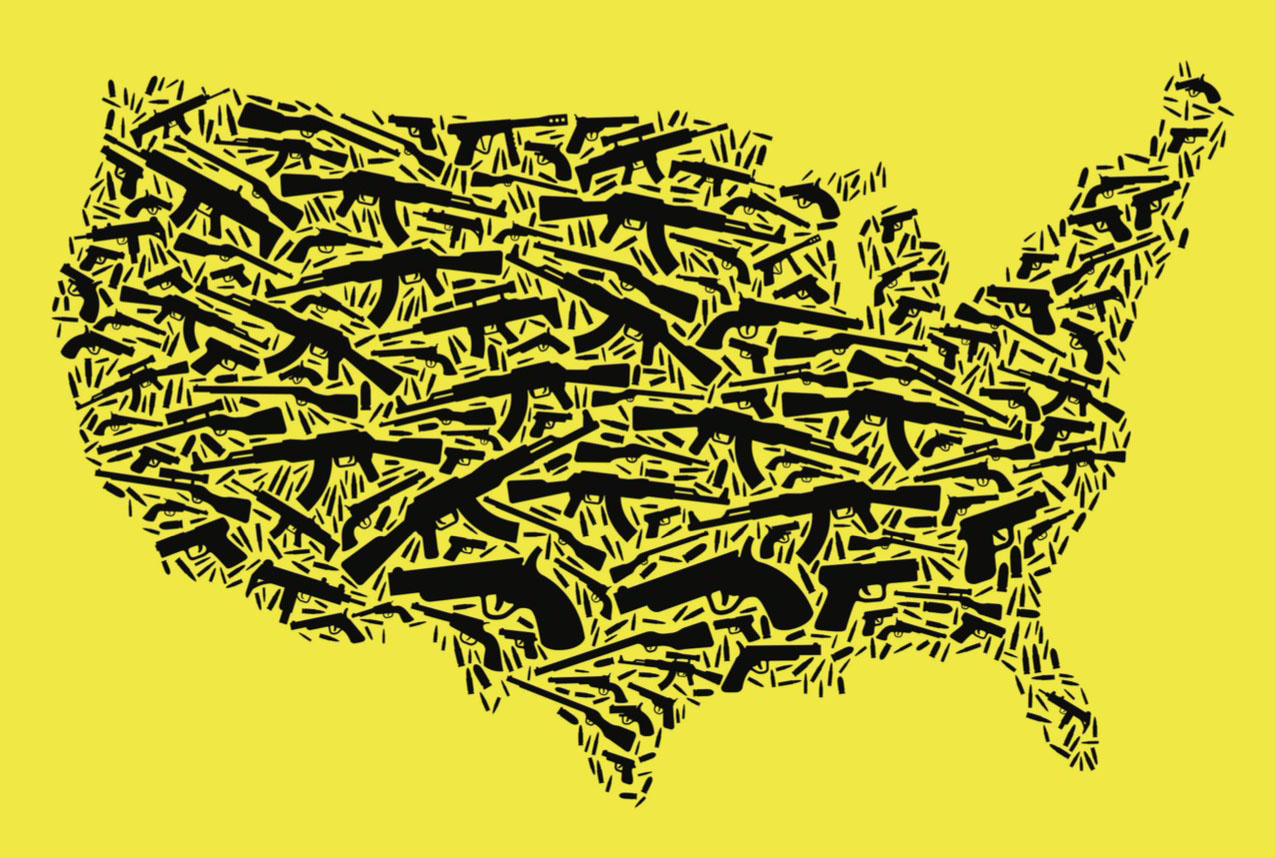“When we have a system that allows virtually unfettered access to guns and a United States President and some elected leaders that promote discriminatory policies that intentionally target communities of color, immigrants, asylum-seekers, LGBTQ individuals, Muslims, and Jews, these hate-based policies lead to gross and unspeakable gun violence. Furthermore, the vile decision to hold such a rally on a day when our country recognizes the life of Reverend Dr. Martin Luther King Jr., a peaceful civil rights leader whose life ended in gun violence, is particularly troubling.
“When extremists and white supremacists are able to use guns to intimidate and harass marginalized communities, they create a climate of fear and inflict serious harm without even needing to pull the trigger.”
“We have seen all around the world how white supremacy, racism, xenophobia, anti-Semitism, anti-Muslim and anti-LGBTQ sentiment are being used to further discrimination against already marginalized communities. The failure to hold accountable those who commit, encourage, or turn a blind eye to this hateful rhetoric only worsens the problem. By failing to prevent those who mean harm from having easy access to guns, our government is failing in its responsibility to place people before guns.”
Background and context
A report by Amnesty International, “In the Line of Fire: Human Rights and the U.S. Gun Violence Crisis” examined how all aspects of American life have been compromised in some way by the unfettered access to guns, with no attempts at meaningful national regulation. There is no federal law prohibiting someone convicted of a misdemeanor hate crime from buying a gun. Over 8,500 hate crimes per year, or 23 every day, involve a gun. Individuals at the intersection of several identities may endure a higher risk: For example, Pulse victims were predominantly Latinx, and transgender women of color are disproportionately at risk of being shot.
According to FBI data from 2017, hate crimes motivated by religious bias accounted for 1,679 offenses reported by law enforcement. A breakdown of the bias motivation of religious-biased offenses showed that 58.1 percent were anti-Jewish. It’s important to note that this data is not all-encompassing, but rather a reflection of hate violence that was first reported by victims to state or local authorities, then voluntarily reported to the FBI by state or local authorities, and only then categorized as a hate crime by the FBI. Some communities may also choose not to report hate-motivated violence due to a distrust or fear of law enforcement, so these numbers may in fact be much higher.
Legislation won’t prevent all hate-motivated gun violence, but there are several bills that—if passed—would help keep guns out of the hands of people who commit hate crimes. Amnesty International USA has been calling for passage of the Disarm Hate Act of 2019, the Background Check Expansion Act of 2019, and the Assault Weapons Ban of 2019.
More:
Demonizing immigrants and mental health conditions is not a solution to gun violence (August 5, 2019)
Amnesty International USA response to Trump’s remarks on hate groups (press release, August 14, 2017)
Trump must condemn racial and ethnic hatred (press release, August 12, 2017)
Media contact: Mariya Parodi, [email protected]

